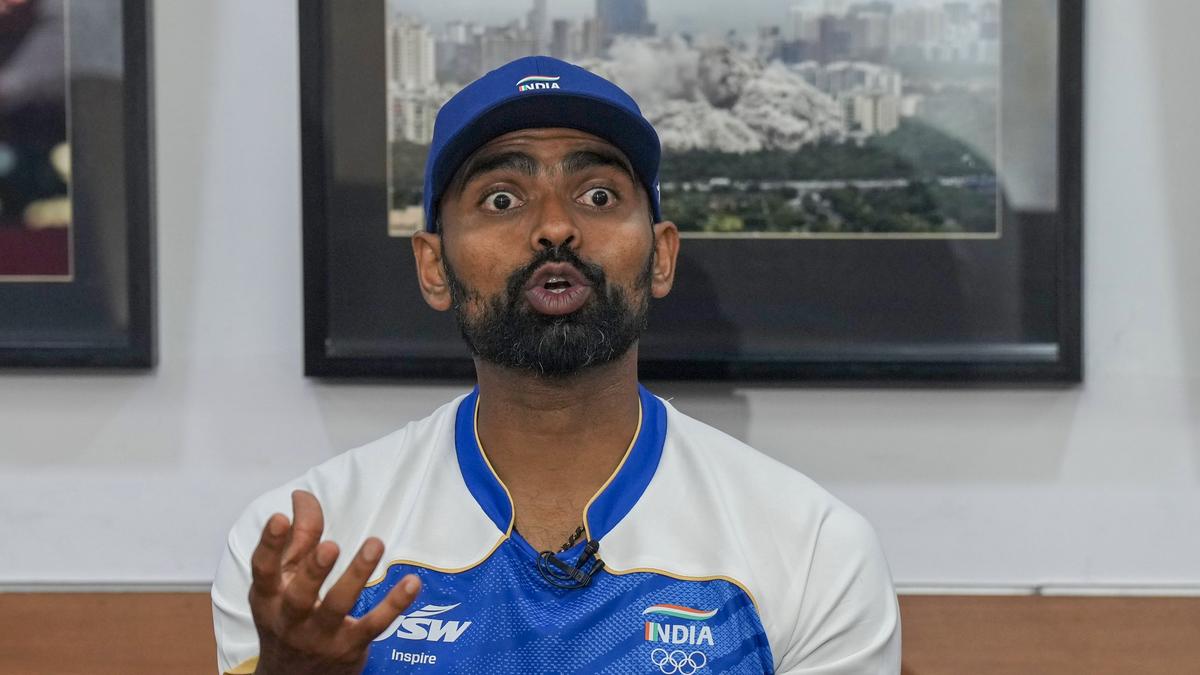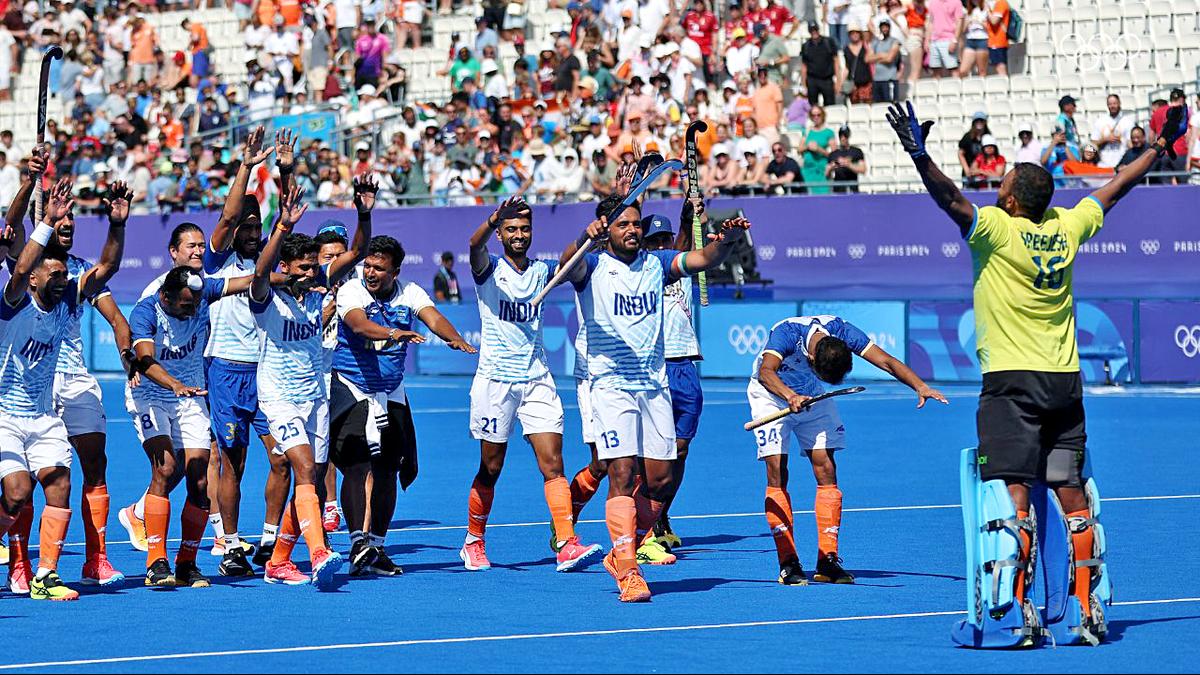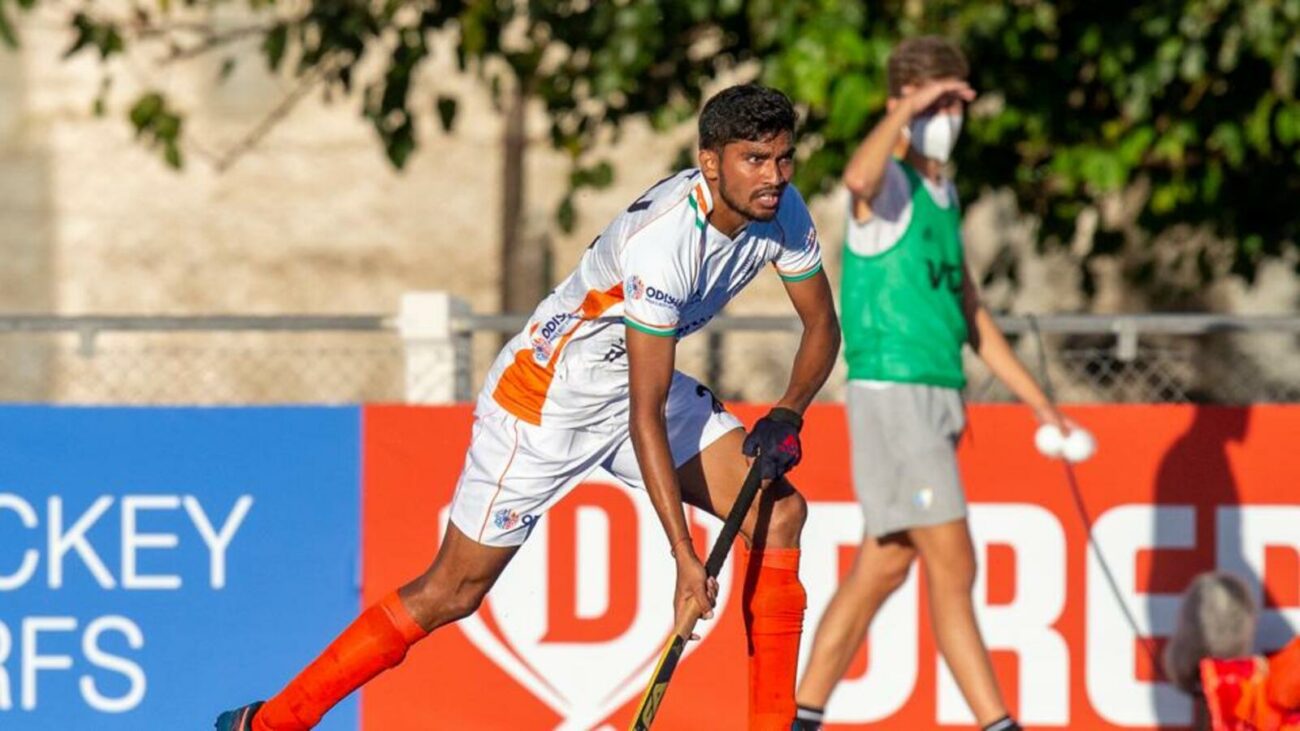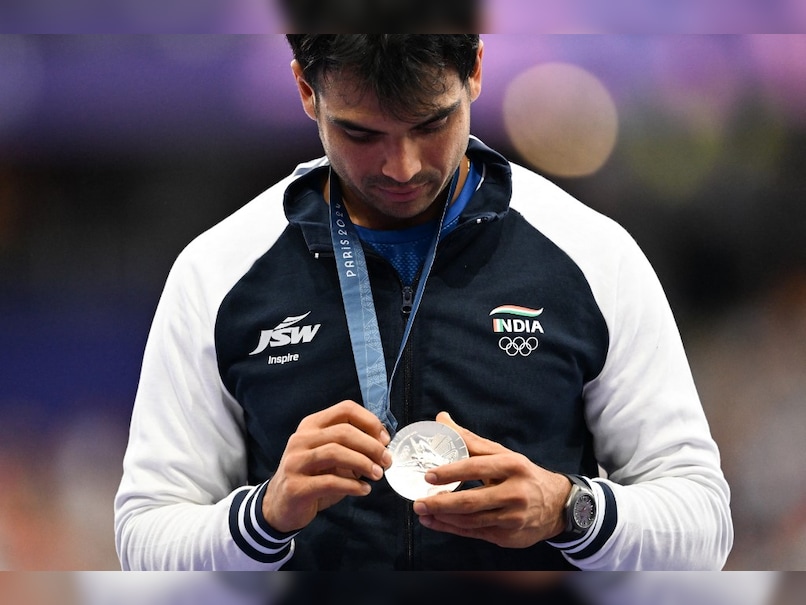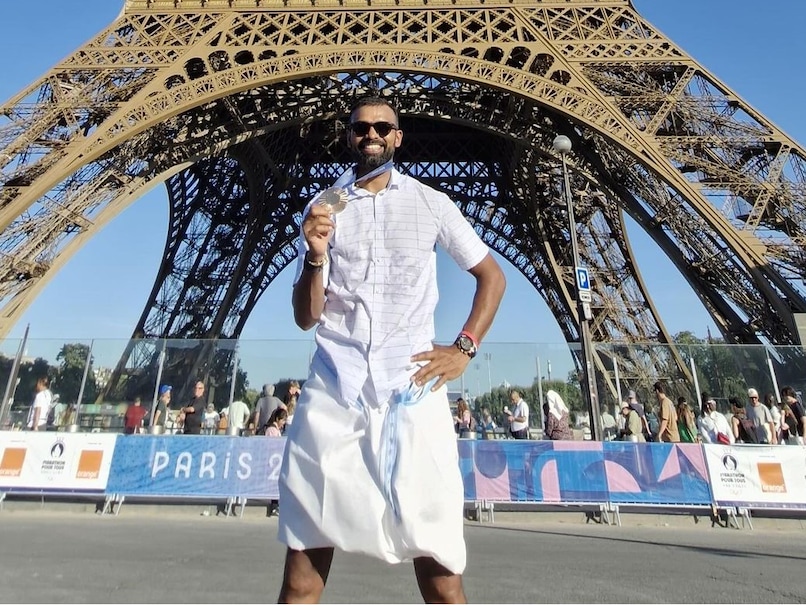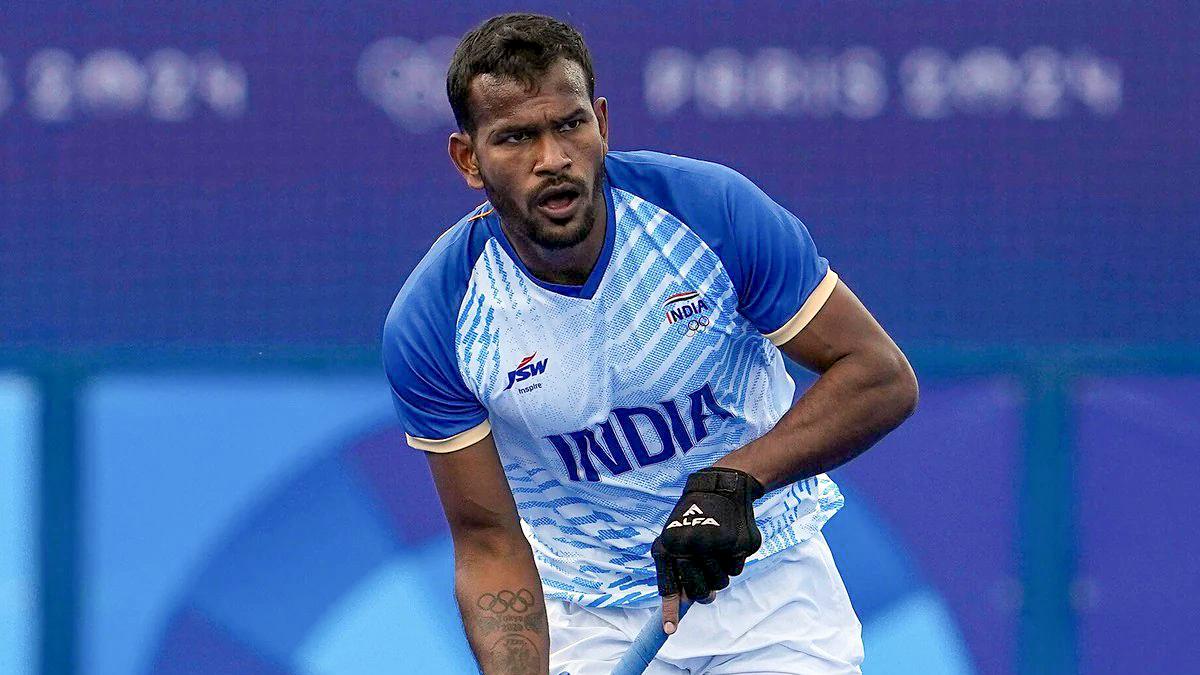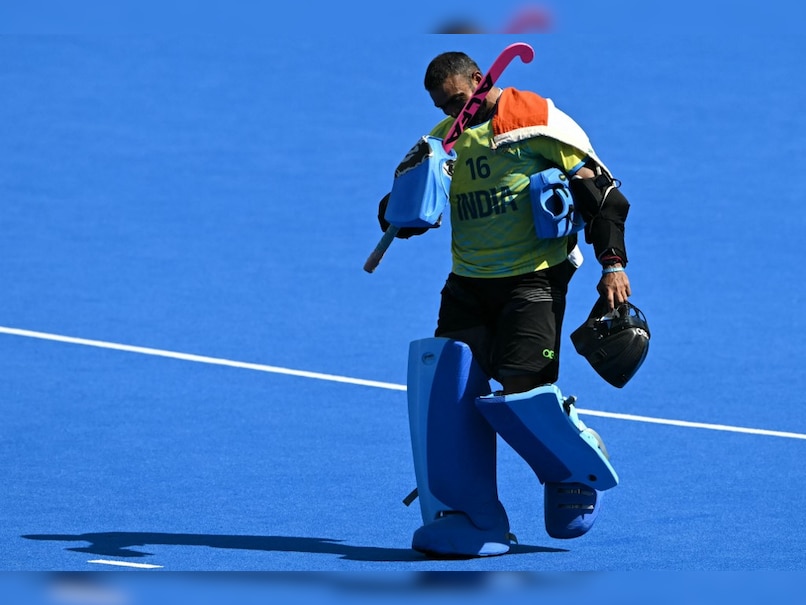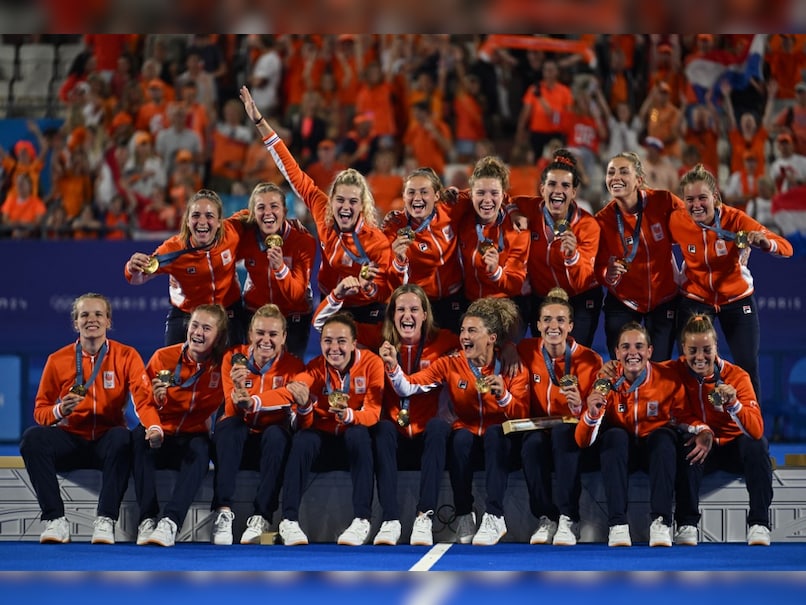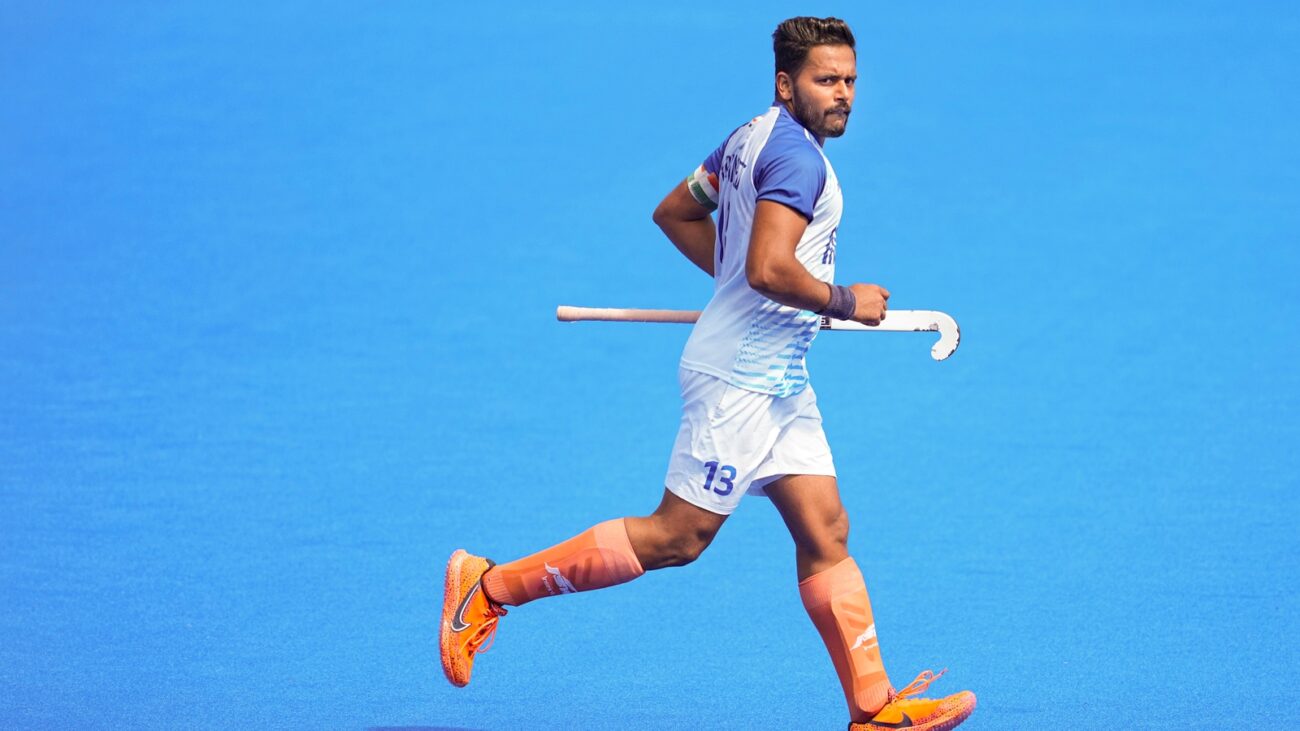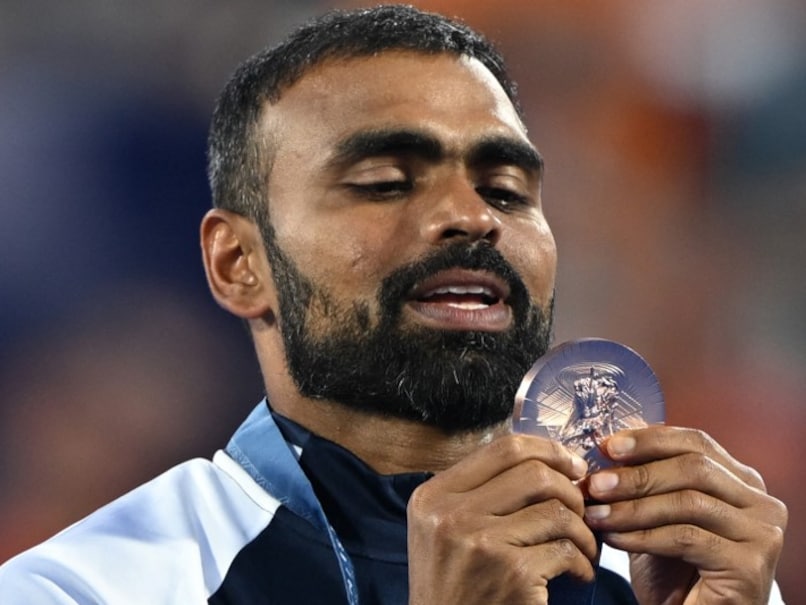After securing consecutive bronze medals at the Tokyo and Paris Olympics, the Indian men’s hockey team has demonstrated their unwavering determination and potential to achieve even greater heights. According to renowned explorer Mike Horn, the team has laid a solid foundation for future success, including the possibility of capturing gold at the 2028 Los Angeles Olympics.
Horn’s three-day mental toughness boot camp in the Alps pushed Harmanpreet Singh and his teammates to their limits. The adventure tasks not only tested their physical endurance but also fostered a sense of camaraderie and resilience. “The bronze they won is a testament to their dedication, and I believe they have set a strong foundation for future success, including the possibility of going for gold in the next Olympics,” Horn remarked.
The team’s performance in Paris was exceptional, narrowly missing out on a gold medal. Their remarkable skill, strategy, and mental fortitude were evident throughout the tournament. While they ultimately fell short of the top prize, their close encounter is a testament to their hard work and determination.
“It’s important to recognize that winning a medal, especially at the Olympics, is an immense achievement,” added Horn, who has previously worked with MS Dhoni’s 2011 World Cup-winning team, Kolkata Knight Riders in their 2014 IPL victory, and Germany’s 2014 football champions.
India’s Olympic journey began with a hard-fought win over New Zealand, followed by a gradual rise in form. Their most significant victory in the group stage came against Australia, marking their first triumph over the Aussies in 52 years. The team’s true mental fortitude and team bonding were showcased in their shootout victory over Great Britain, despite being reduced to 10 players early in the second quarter.
“I followed their journey at Paris 2024 very closely, and I was genuinely impressed by their resilience and how they handled the pressure. They have so much to be proud of, and it was an honor to be a small part of their journey,” said the 58-year-old Horn.
The bootcamp was packed with extreme adventures, from trekking on Glacier 3000, the highest peak of the Alps, to sleeping on grass – an experience that India defender Amit Rohidas described as extremely challenging. “They came into the camp with an incredible mindset, ready to push themselves and grow as a team,” recalled Horn.
“I would like to think that the bootcamp contributed in some way to the team’s success, but the real credit goes to the players and their relentless hard work and dedication. The bootcamp was designed to challenge them, and they responded brilliantly, but ultimately, it was their commitment and teamwork that shone through during the Olympics.”
Horn also had special words of praise for skipper Harmanpreet Singh, whom he described as an “all-time great.” Harmanpreet was the top-scorer of the Olympics with 10 goals. “What impresses me most about Harmanpreet is his ability to lead by example. He’s not just a great player but also someone who inspires his teammates to elevate their game. His leadership was crucial to the team’s success, and he has undoubtedly cemented his place as one of the all-time greats in Indian hockey,” Horn said.
He also expressed his admiration for goalkeeper PR Sreejesh, who played his last international match in Paris. “Even though this was his last appearance for Team India, he played with the passion and intensity that have defined his entire career. During the bootcamp, Sreejesh was a pillar of strength for the team — his experience and leadership were invaluable, and he set the tone for the younger players. Considering his contributions to Indian hockey, it’s hard not to wish he would continue. However, if this is indeed his final chapter, he leaves behind a tremendous legacy that will inspire future generations of players,” he said.
Horn also spoke about newly-appointed India cricket team head coach Gautam Gambhir and recalled how he made a significant impact at KKR with his strategic acumen and game-reading skills. Gambhir began his stint with a 3-0 thrashing of Sri Lanka in the T20Is, but suffered a 0-2 defeat in the ODIs.
“Gambhir’s transformation from a successful KKR captain to a title-winning mentor has been remarkable. As a captain, Gambhir was known for his strategic acumen and ability to inspire his team. He led by example, showing immense dedication and resilience, which were key to KKR’s successes. Transitioning to a mentor role, Gambhir continued to be a significant influence. His deep understanding of the game and experience in handling high-pressure situations provided invaluable guidance to the team. He was able to connect with the players on a personal level, offering insights and support that went beyond just technical advice. Working with Gautam was a special experience. His passion for the game and commitment to excellence were truly inspiring. He has a unique ability to read the game and anticipate challenges, which made him an exceptional mentor. His presence and leadership helped foster a winning mentality within the team, proving that his contributions are vital whether on the field or off it,” he signed off.

